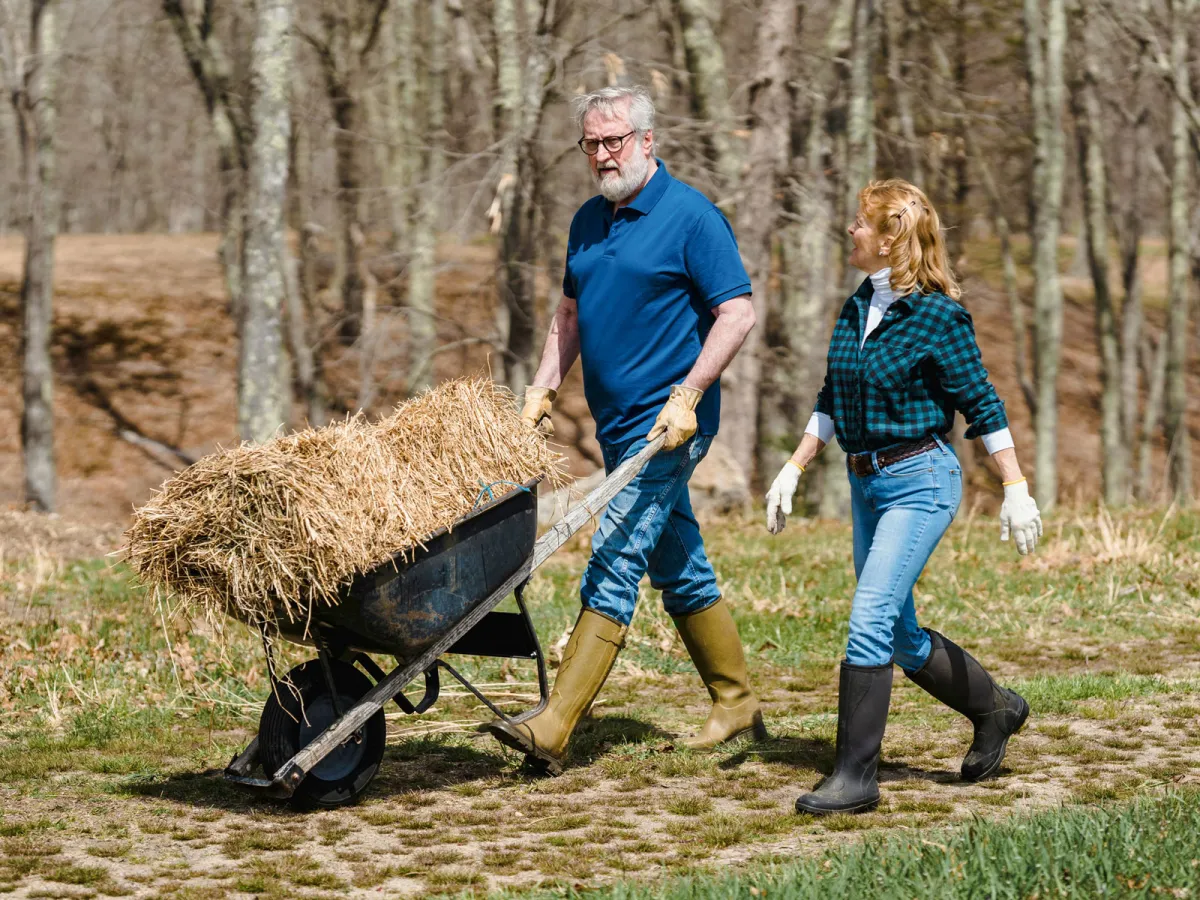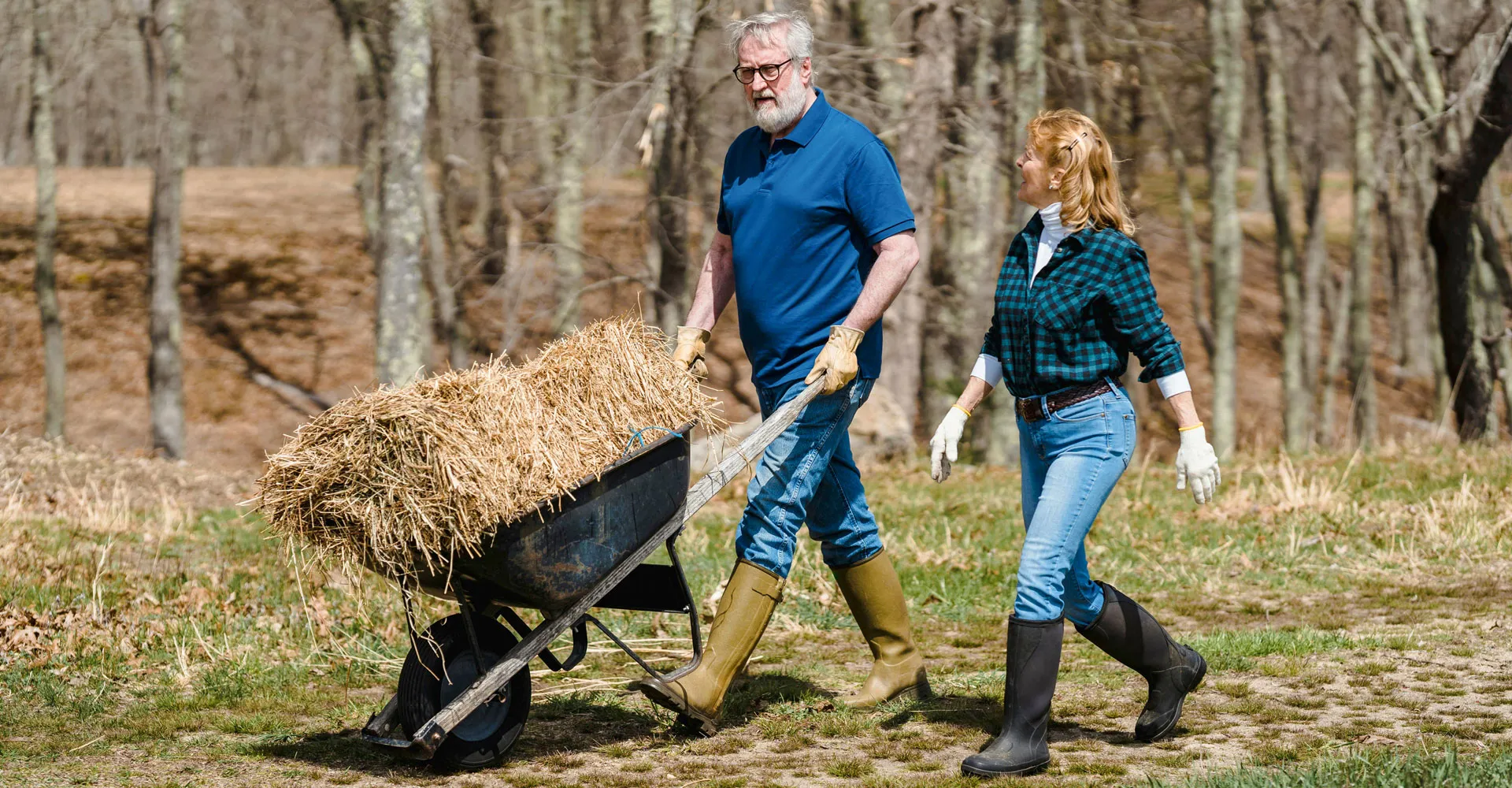
Preparing for Your First Meeting with a Solicitor - Divorce & the Family Farm or Business
What to expect from your first meeting with a solicitor
Your first meeting with a solicitor can feel daunting. Especially if you’re facing the breakdown of a marriage with the added complexity of involving a family farm or business. Preparing in advance can make the process less stressful, and you should get clear, practical advice from the start. This first step isn’t about having all the answers. It’s about setting out your priorities, understanding the information your solicitor needs, and beginning to build a strategy for your future.
To speak to a member of the family law team call 0113 320 5000
What happens with a family business or farm on divorce?
A marriage ending is never straightforward and is inevitably emotive. However, sooner or later minds have to focus on the practical implications of the relationship breakdown.

For many people, this requires decisions about arrangements for the children and thoughts about where everyone will live, both in the immediacy and in the future. When home is a farm, or is otherwise closely enmeshed with a business, it can get especially complex. Farms aren’t just assets - they are often homes and livelihoods.
If you are coming to terms with the realities of divorce and there is a farm, farming business or other family business in the picture, understanding what steps you should take to secure your financial future is especially important.
What to expect from a first meeting with a solicitor
Arranging an early meeting with a solicitor who specialises in divorce (specifically farming and rural businesses) will give you clarity and direction from the outset. Preparing properly means you’ll get more from your first meeting with a solicitor and they will be well-placed to provide you with tailored advice from the outset.
We understand that sometimes, if enquiries are being made prior to separation or at an early stage of separation, it is not always possible to gather all of the relevant documentary evidence. This should not stop you giving thought to the matters set out below, even if you are not the person involved in the day-to-day running of the business.
What should I say in my first meeting with a solicitor?
Tell your solicitor what is really important to you. Your aspirations may be modest, or they may be an unrealistic outcome, but either way it is better to think this through at the outset. If there is information available, then you should expect your solicitor to tell you in the broadest terms what the parameters of what a settlement might look like. It is your meeting and vital that you set out your goals. This will allow your solicitor to help you to achieve them.
Below are some of the things that you need to think about before your first meeting. If you are able, you can provide a summary and documentation ahead of the meeting, which is always helpful.
1. Ownership of the land and farm
Understanding how the farm is owned and operated will be a key issue. Before your meeting think about:
- Who owns the land? Is it all owned by you, your partner or together with others?
- If the land is rented, in whose name and under what type of tenancy?
- Is the farming business run as a sole trader, partnership, or limited company?
- Is there a partnership agreement or shareholder agreement?
- Are any parts inherited or gifted? If so, was that before or during the marriage?
- Who owns the farmhouse? Is it also your family home?
- Do either of you have any interest under a trust?
2. Financial Documentation
Understanding the financial situation is important and it may help to have a conversation with the Farm/Business accountant. Bring or be ready to discuss:
- Farm/business accounts (ideally 3 years) – is the business making money?
- Tax returns, your own, the partnership or the company. Are tax affairs up to date?
- Do you have details of all of the bank accounts both business and personal? Are savings accounts and ISAs in your sole or joint names?
- Any outstanding debts, loans or mortgages – consider how/if they are secured.
- Credit cards – how much is owed and what have the funds been spent on?
- Pensions – is there more than one and what type and how much is it worth?
- How are regular income needs met? Are there salaries or regular drawings?
3. Contributions and Roles
Give some thought to the background of your relationship and be ready to talk about your role and contributions to the farm and household. Non-financial contributions are no less important. For example:
- Have you helped out, worked unpaid, or taken on specific responsibilities?
- Have you raised children or supported the business in less visible ways?
- Did you bring any assets into the marriage?
4. Children and Housing Needs
If children are involved, their welfare is the court’s top priority. Think about:
- Where children will live.
- What housing and financial support each parent may need.
- How the farm or farmhouse fits into that picture, if it is the marital home.
5. Security and importance of ensuring a private email address
It is important that you can communicate privately with your solicitor. Unless you can be certain that no one else has any method of accessing your emails, then you should take the time to set up a new email account, with a different password that you have never used before.
Don’t forget - if you had access to your emails on an old or shared device and did not log it out, or you previously gave someone else access to your emails and have never changed the password, this could be a method of viewing your emails. Setting this up ahead of your communications with your solicitor will give you peace of mind that your conversations are confidential and will remain so.
Do not delay because you do not have all the information
The first meeting is about reassurance and fact finding, so you feel confident taking that first step. The most important thing is that you have thought about the issues raised above. Bring as much information as you can, and your solicitor will advise you on what else you will need. If you are not the business owner, you may need your solicitors’ help to access some of the information. At the outset you can only access your own (sole or joint) financial information.
Find the right solicitor
Divorce where a farming business or family business or enterprise is involved is more than just a legal process. It is personal and there is a great deal at stake. Choosing a solicitor who understands farming and the challenges facing family farms and businesses is an important first step.
You are not expected to go to the meeting with the answers, but the more information you can provide the more you will take from your meeting. This is your first step in reaching an agreement that will set you on a path for life after divorce.
Speak to a member of the family team on 0113 320 5000, or email family@winstonsolicitors.co.uk.

